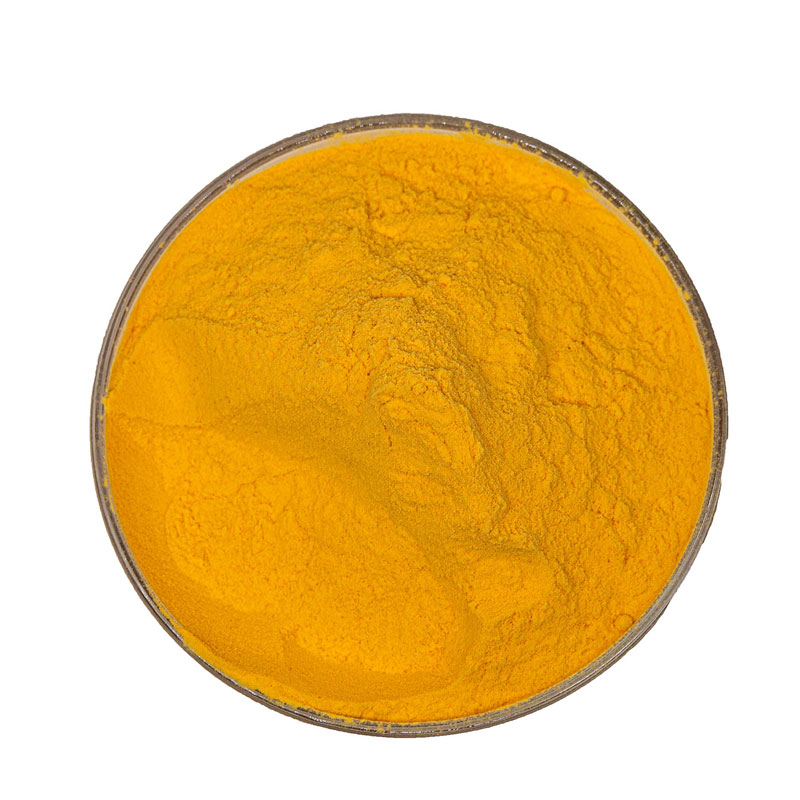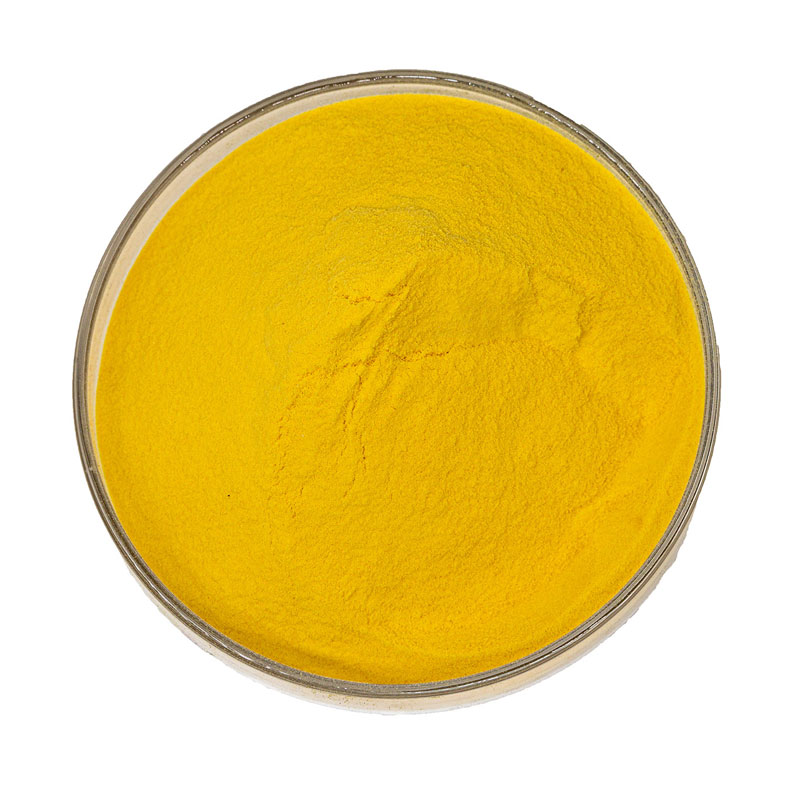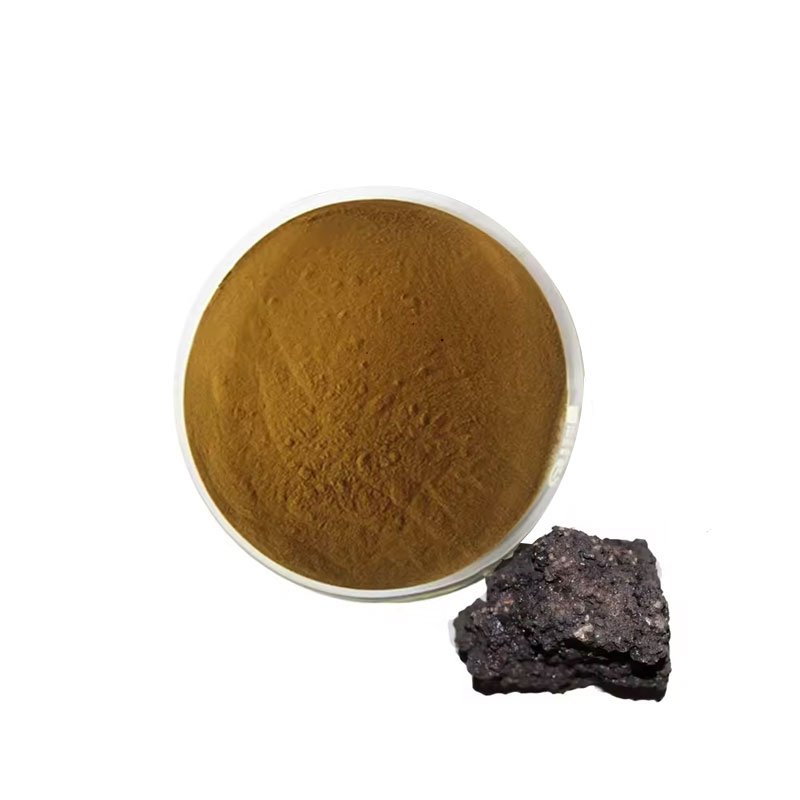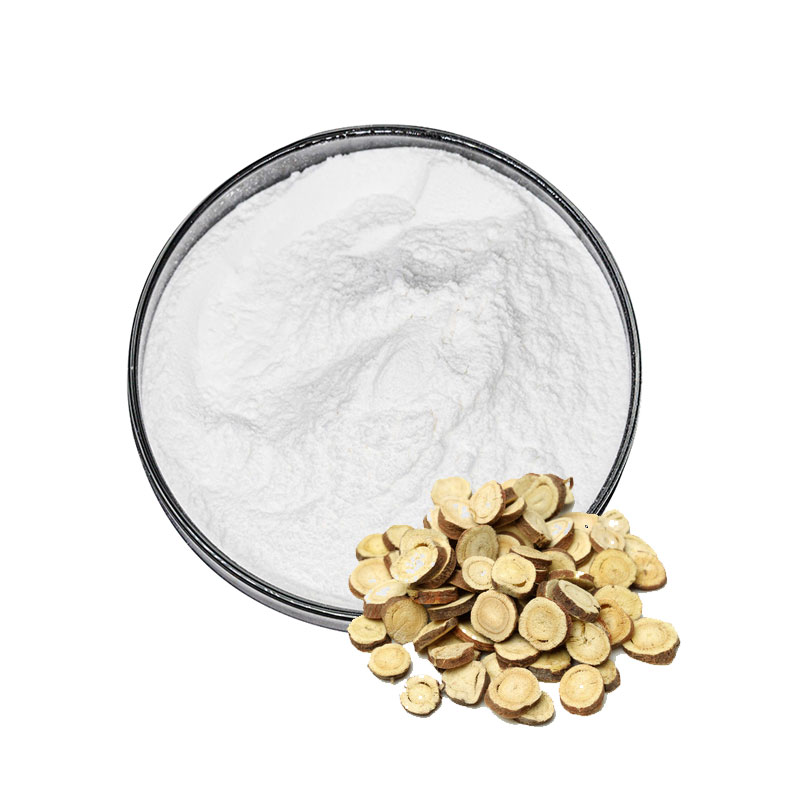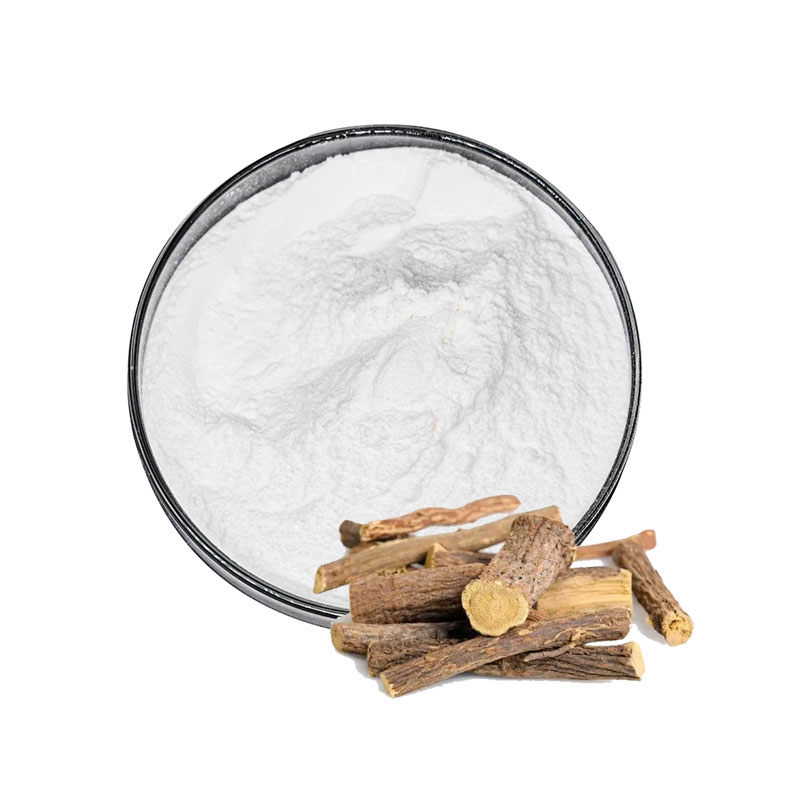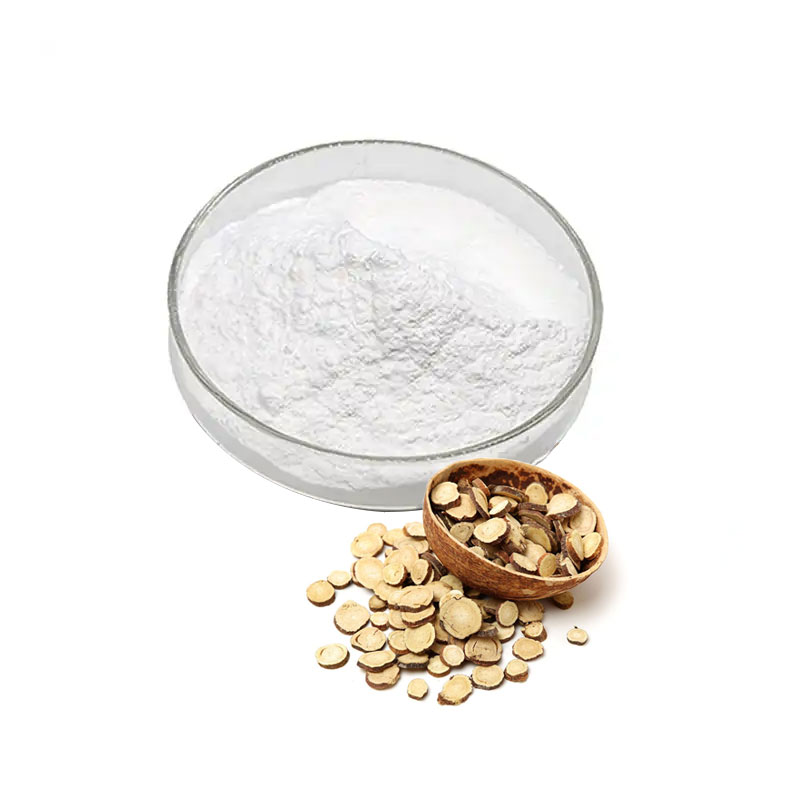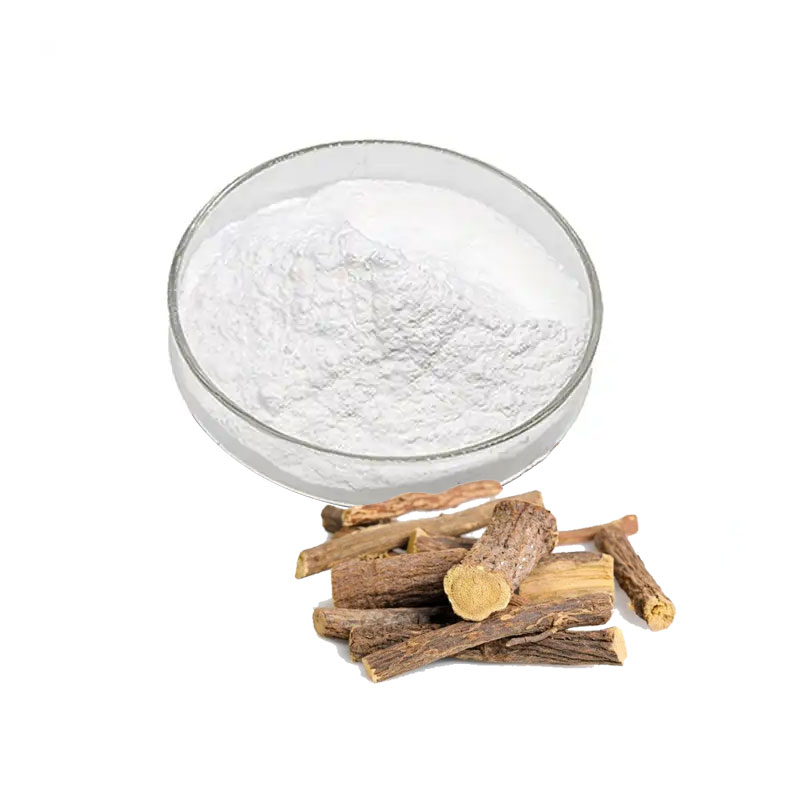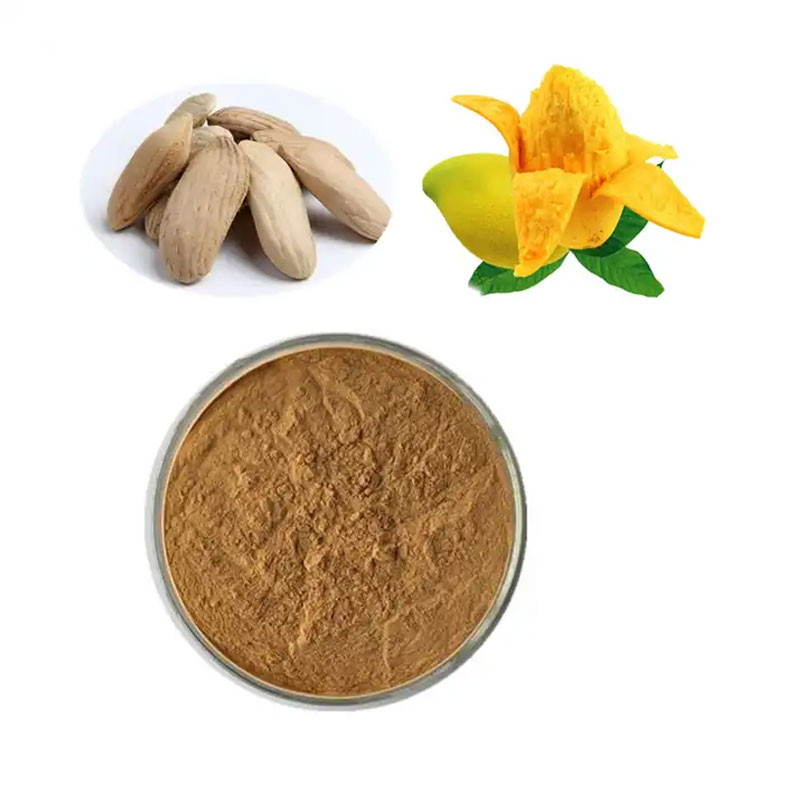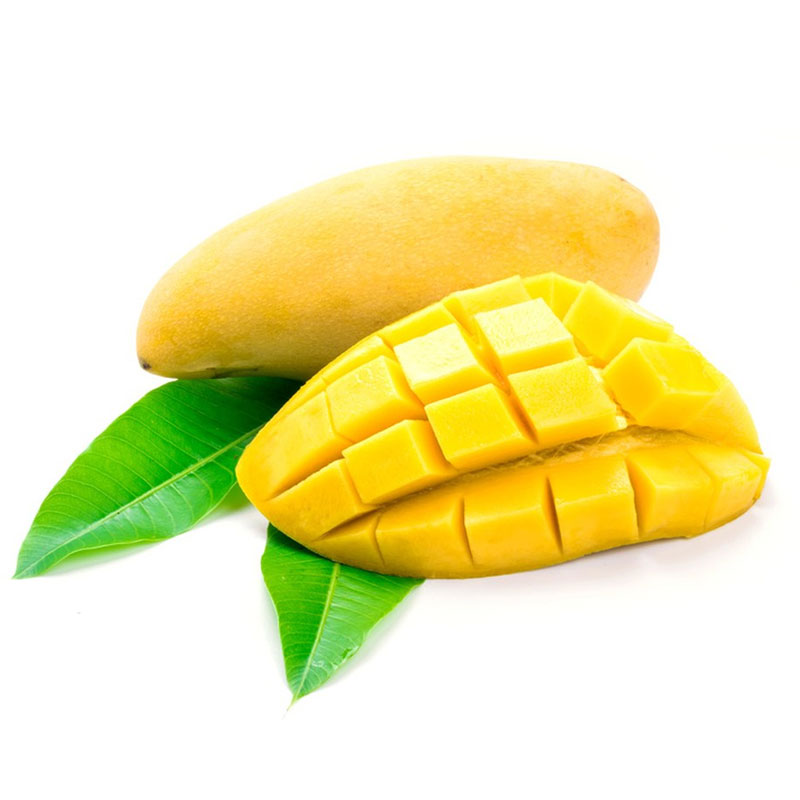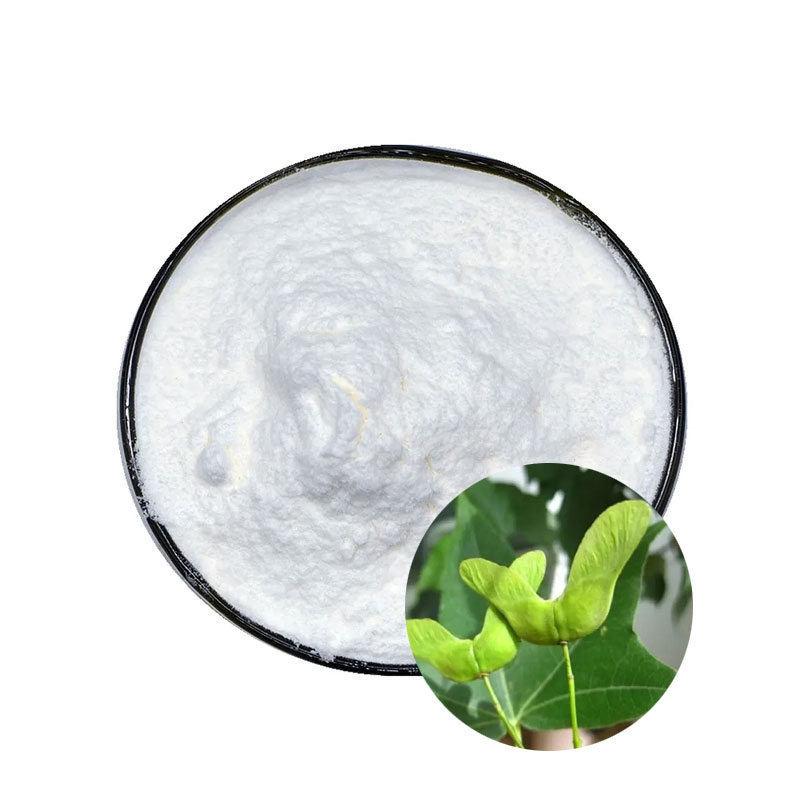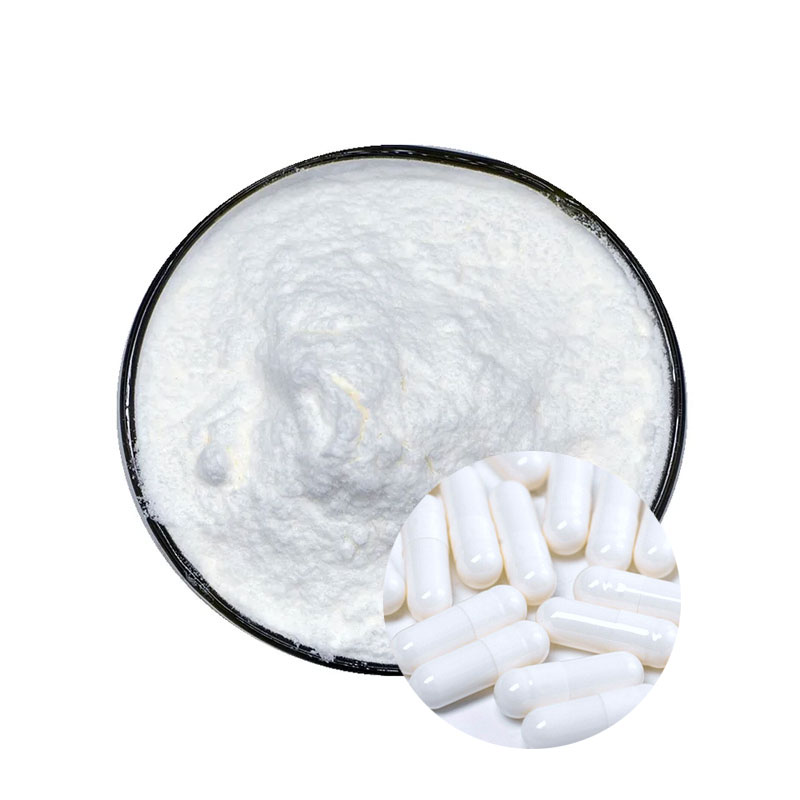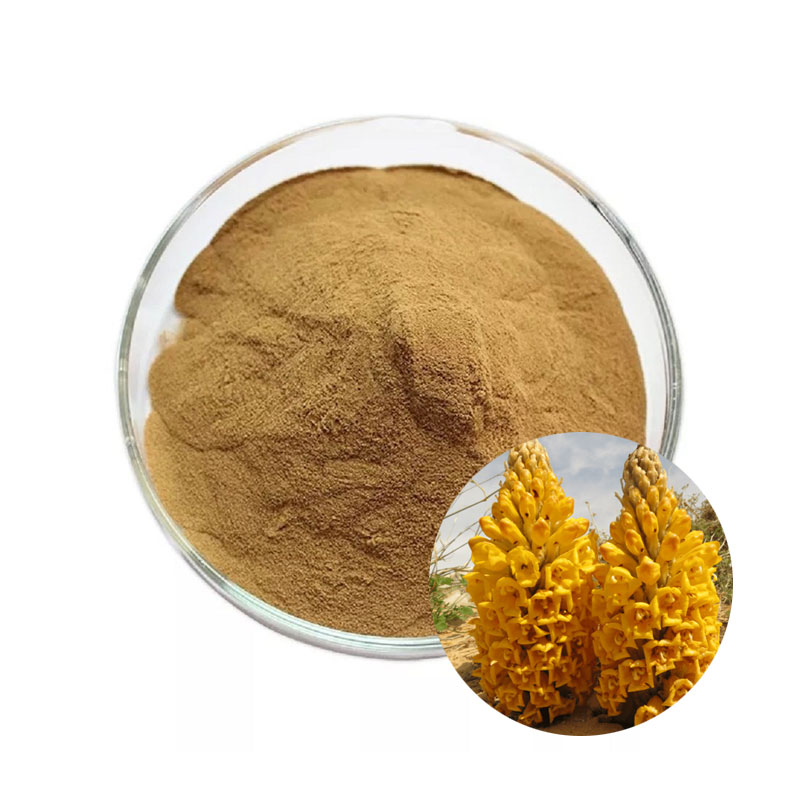Rhizoma Coptidis Extract Berberine
- Sample:5-10g Sample For free
- CAS No:2086-83-1
- Shelf Life:2 years
- Appearance:yellow crystalline powder
- Test Method:HPLC
- Used part:root
- source:Rhizoma Coptidis Extract
-
Berberine Product Description
Berberine extract, also known as berberine, is a quaternary ammonium alkaloid isolated from the traditional Chinese medicine Coptis chinensis, and is the main active ingredient of Coptis antibacterial. It is a yellow needle-like crystal with a bitter taste. It is widely distributed in the plant kingdom, and berberine is found in about 4 families and 10 genera. First obtained from Xanthoxylonclava bark by M.-E. Chavallier and G. Pertin in 1826
Berberine Specification
| PRODUCT NAME | Berberine |
| CAS No. | 2086-83-1 |
| appearance | yellow crystalline powder |
| Test Method | HPLC |
| Molecular formula | C20H18NO4+ |
Berberine Function
- Anti-pathogenic microorganisms.
- antibacterial effect,
- antiviral effect,
- Antiprotozoal,
- Antitoxic effect.
- The effect on the cardiovascular system.
- Antiarrhythmic,
- Lower blood pressure,
- positive muscle strength,
- It has been clinically reported that berberine has a protective effect on ischemic brain injury,
- hypoglycemic effect.
What is the side effect of berberine extract?
Common side effects include diarrhea, constipation, gas, and upset stomach. When applied to the skin: Berberine is possibly safe for most adults when used short-term. Pregnancy: It’s likely unsafe to take berberine by mouth if you are pregnant. Berberine can cross the placenta and might cause harm to the fetus.
Is taking berberine good for you?
Taking berberine supplements regularly appears to lower total cholesterol, “bad” cholesterol, and triglycerides in people with high cholesterol. It works differently from today’s standard cholesterol medications, so it may help treat people who are resistant to other cholesterol-lowering drugs.
Is berberine extract as effective as metformin?
Compared with metformin, berberine exhibited an identical effect in the regulation of glucose metabolism, such as HbA1c, FBG, PBG, fasting insulin and postprandial insulin. In the regulation of lipid metabolism, berberine activity is better than metformin.
Can berberine cause liver damage?
Despite wide scale use as an herbal supplement, berberine has not been linked to published instances of clinically apparent liver injury.
What drugs should not be taken with berberine?
Taking berberine along with medications that also slow clotting might increase the chances of bruising and bleeding. Some medications that slow blood clotting include aspirin, cilostazol (Pletal), clopidogrel (Plavix), dalteparin (Fragmin), enoxaparin (Lovenox), heparin, ticlopidine (Ticlid), and others.
What happens if you take berberine extract long term?
Bottom Line: Studies show that berberine reduces cholesterol and triglyceride levels, while raising HDL (the “good”) cholesterol. It may lower the risk of heart disease in the long-term.
Can you take too much berberine ?
Berberine has a high risk of interfering with drugs, and some of these reactions may be severe. When high doses are used, gastrointestinal upset may occur, and because of its ability to lower blood sugar, it can increase the risk of hypoglycemia.
- Previous Article: Black Cumin Seed Extract Thymoquinone
- Next Article: Scutellaria Extract Baicalin Powder

